Introduction: Why Product Launches Fail Online in Nigeria
You’ve probably seen it happen when someone hypes a new product on Instagram or Twitter, promises the world, and then vanishes after a few sales. Or worse, the product arrives and it’s nothing like what was advertised.
In Nigeria’s online market, trust is everything. If people don’t trust your product or your brand, they’ll scroll past, ignore your ads, and even warn others to stay away. And the truth is, many online product launches fail, not because the product is bad, but because the brand didn’t take the time to build credibility or prepare properly.
In this guide, we’ll break down how to launch a new product online in Nigeria the right way, with practical steps that not only drive sales but also help you build long-term trust with your audience.
By the end, you’ll learn how to:
- Understand your audience deeply
- Position your product clearly
- Build trust before launch
- Create buzz the right way
- Handle your launch professionally
- Maintain momentum afterward
Let’s get started.
9 Steps to Launch a New Product Online in Nigeria
Do you want to launch a new product online in Nigeria?
Success isn’t just about hype, it’s about trust. This guide walks you through 9 simple steps to launch with confidence, connect with your audience, and build long-term credibility from Day One. Whether you’re a first-time founder or an experienced entrepreneur, these steps will help you avoid common mistakes and launch right.
Understand Your Audience First
Before you talk about your product, you need to understand who you’re talking to. If you don’t know your audience, you’ll either confuse them or push them away. And without that connection, there’s no trust, and no sale.
Start by identifying what problems they’re facing, what they care about, and how they currently solve those problems. These insights shape everything from your marketing to your price.
How to gather this information:
- Social listening: Read comments, tweets, and community posts around similar products or topics.
- Run quick surveys: Use WhatsApp, Instagram stories, or Google Forms to ask simple questions.
- Check Google Trends: See what people are searching for in Nigeria, especially in your industry.
Don’t assume your audience is the same everywhere. Income levels, city size, and tech exposure vary across Nigeria. A campaign that works in Lagos might fail in Abeokuta.
Example:
Let’s say you’re launching a new budgeting app.
In Lagos, your messaging might focus on time-saving and mobile convenience.
In Ibadan, you might focus more on affordability and offline accessibility.
When you speak your audience’s language and address their real-life needs, they’ll feel seen, and that builds trust from the start.
Position the Product Clearly
If someone lands on your page and doesn’t “get” your product in 5 seconds, you’ve lost them. Nigerians don’t have time or data to waste on confusing offers. So your message needs to be simple, clear, and focused on value.
Start with a clear value proposition:
- What problem does your product solve?
- Who is it for?
- Why should they care now?
Make your offer specific. Avoid generic phrases like “the best in the market.” Instead, explain how your product helps. Focus on the outcome.
Avoid this:
“Revolutionary skincare that transforms your life.”
Try this:
“Fades acne scars in 2 weeks – backed by Nigerian dermatologists.”
Use plain language. No jargon. Pair your words with strong visuals or a short demo video so people can see the product in action. Most Nigerians shop on their phones, so visuals go a long way in building trust quickly.
The more clearly your product is positioned, the more likely people will believe in it and buy it.
Build Credibility Before Launch
Trust doesn’t start on launch day. If you wait until you’re selling to show up, people will scroll past your offer. In Nigeria’s online space, where scams are common, credibility is your biggest asset.
Start showing up early. Share behind-the-scenes content of product development on Instagram, WhatsApp Status, TikTok, or X. Let people see the process. Let them know it’s real.
Next, make use of influencers. You don’t need big names. Focus on micro-influencers, people with 1k–10k followers who have a loyal audience. Send them free samples to use and share honest feedback.
Don’t launch without testimonials. Before going live, let a few people try your product and share their experience. Video testimonials work best, but written reviews with pictures also help.
Look for small PR wins, get featured in a blog, appear on a podcast, or do a live session with a known figure in your niche. Even one media mention adds weight to your brand.
These efforts build trust. So when you finally open your product for sale, people don’t ask, “Is this legit?” They say, “I’ve been waiting for this.”
Use a Pre-Launch Strategy
If you want people to buy when you launch, don’t go live in silence. Build anticipation first.
Start with a waitlist or “coming soon” page. This is where interested people drop their email or WhatsApp number to be the first to know. It shows early demand and gives you a list to market directly.
Use countdowns on Instagram Stories, WhatsApp, or email. A simple “7 days to go” post, followed by a daily tip or teaser, keeps your product top-of-mind.
Give your early supporters a reason to act fast. Offer early-bird pricing, freebies, or bonuses. For example:
“Join the waitlist now and get 10% off when we launch next week.”
In Nigeria’s fast-moving digital space, people don’t want to miss out. Use that energy to your advantage.
Launch with a Bang (But Keep It Real)
When it’s finally time to go live, bring the energy, but keep things honest.
Start with paid ads on platforms where your audience already hangs out. Use Google Ads for search intent, and Instagram or Facebook Ads to target by interest, age, and location. Targeting people in cities like Lagos, Abuja, Ibadan, or Port Harcourt? Your ads should reflect that.
Host a launch webinar or Instagram Live Q&A. This builds trust instantly; people see your face, ask questions, and get real answers. You can also walk them through the product and show how it works.
Share real-time behind-the-scenes content. Whether it’s order packing, responding to DMs, or fixing a small glitch, showing the human side of your business builds authenticity.
Lastly, be very clear about pricing, availability, and support. If your product is limited or pre-order only, say it. Drop your WhatsApp number, email, or live chat info so people know how to reach you.
Your launch doesn’t have to be perfect; it just has to be honest and well-organized.
Be Transparent and Responsive After Launch
How you handle things after launch matters just as much, maybe more than your launch day itself.
Start by responding quickly to feedback and complaints. If someone has a bad experience or a question, reply fast. Nigerians talk, and poor service travels faster than any ad. A simple “We’re sorry, we’ll fix it” goes a long way.
If there are any delays, bugs, or issues, be upfront about them. Don’t go silent. Post updates on your page or send an email to customers explaining the issue and what you’re doing to fix it. People trust brands that admit mistakes and take action.
Make sure to highlight positive reviews and user-generated content. If a customer posts about your product on Instagram, repost it with a thank you. Show that real people are enjoying the product; it builds social proof.
Finally, be clear about returns, refunds, or support, especially if you run an e-commerce store. Nigerians are cautious with online shopping, so knowing they can get their money back if something goes wrong increases confidence.
Transparency doesn’t cost anything, but it pays off with loyalty.
Keep the Momentum Going
Launching your product is just the beginning. What you do next will determine whether your brand grows or fades out.
Start by sending follow-up emails. Share tips on how to use the product better, offer additional products, or give exclusive deals to your early buyers. This keeps customers engaged and increases repeat purchases.
After 30–60 days, gather data and turn it into case studies or success stories. Show how real people used your product and got results. This builds ongoing credibility and helps convert future buyers.
Ask customers to leave reviews or share their experience on social media. Make it easy for them, provide a direct link, or offer a small reward like a discount code.
Finally, dive into your analytics. Check what’s working, which ads performed best, what pages people stayed on, and what emails were opened. Use that insight to improve future campaigns, fix weak spots, and focus on what’s bringing results.
The brands that win are the ones that don’t stop after launch. They listen, learn, and keep getting better.
Tools Nigerian Entrepreneurs Can Use
You don’t need a huge budget to launch successfully online. With the right tools, you can plan, promote, and sell, all without breaking the bank.
Here are reliable, low-cost (or free) tools every Nigerian entrepreneur should consider:
- Canva: Create eye-catching graphics, social media posts, and product visuals. It’s beginner-friendly and has templates tailored for launches.
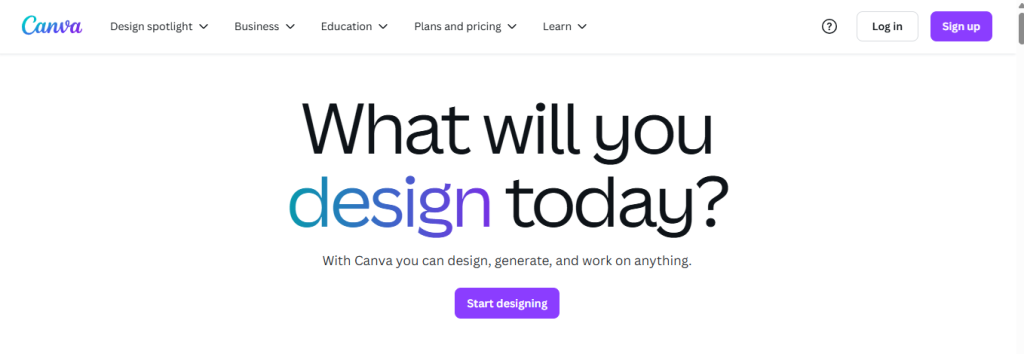
- Mailchimp or Brevo: These email marketing platforms help you build waitlists, send launch countdowns, and follow up with buyers. Both offer free plans with automation features.
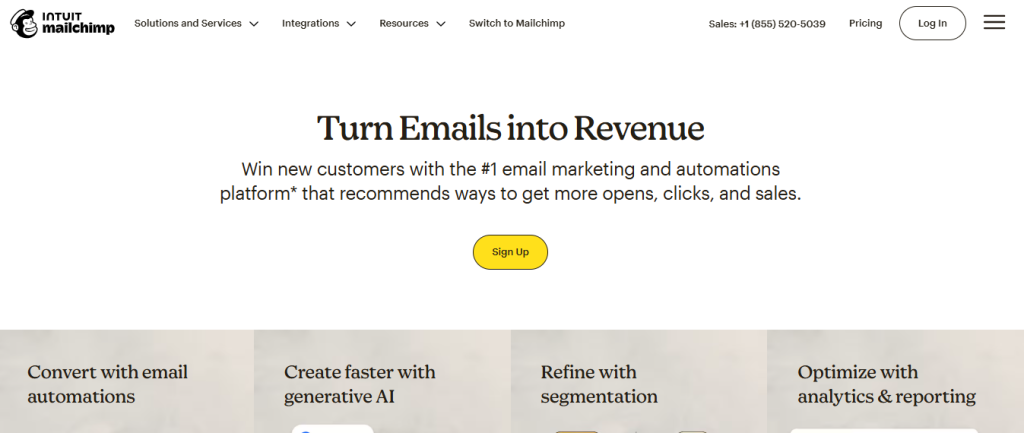
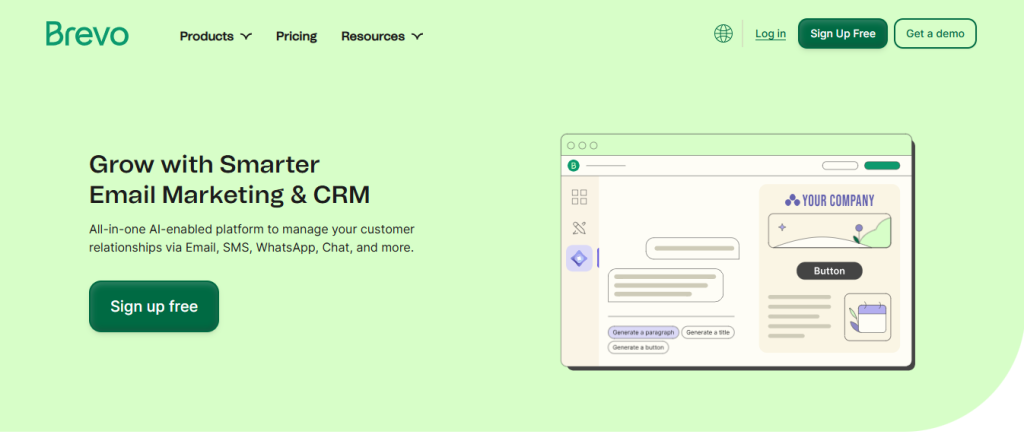
- Selar or Paystack Storefront: Sell your product easily, even without a full website. Selar is great for digital products, while Paystack’s storefront works well for physical or digital items.
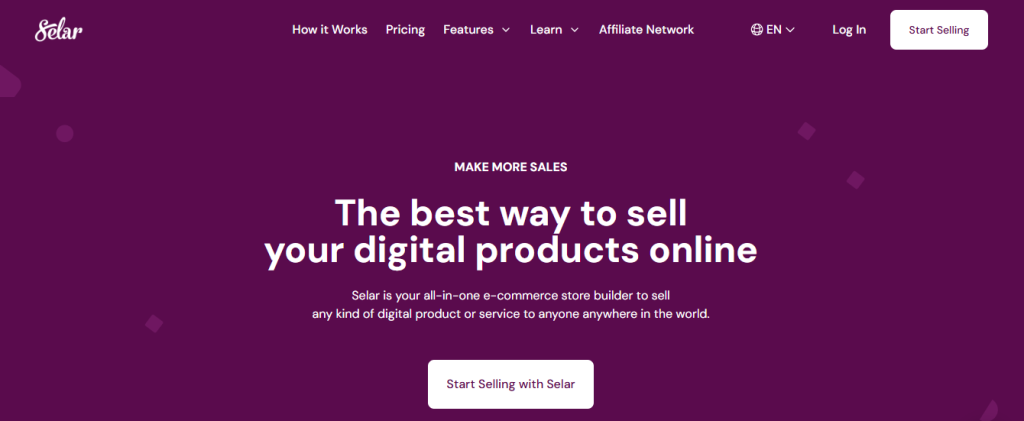

- Google Analytics / GA4: Track where your visitors are coming from, what they’re clicking on, and how they behave on your site. This insight helps you improve performance after launch.
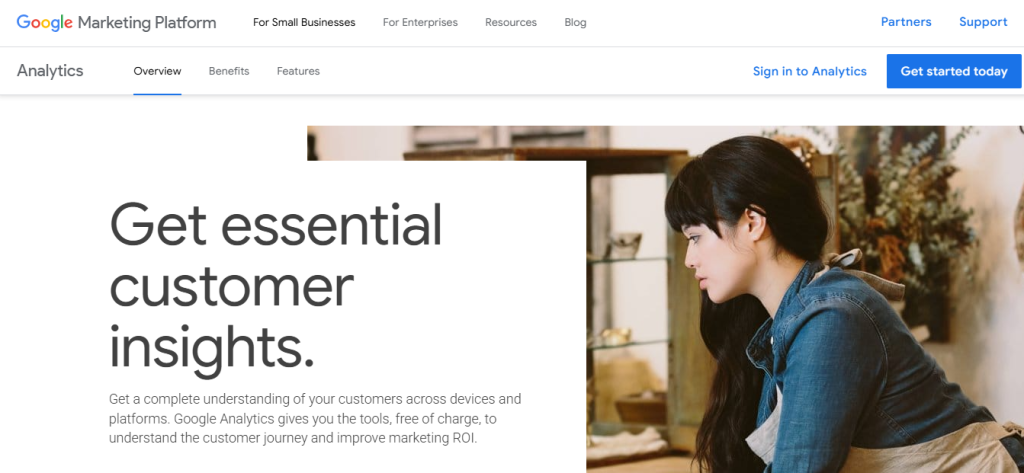
The key is to choose tools that fit your workflow and audience. Most of these platforms also support mobile use, which is essential in the Nigerian market.
Conclusion
In Nigeria’s fast-moving online market, launching a product isn’t just about hype; it’s about building trust.
When your audience believes in your product, they’ll buy, share, and stick around. But if they sense even a little dishonesty or poor planning, they’ll walk away, sometimes for good.
So take your time. Know your audience, plan your launch, and show up consistently. Be real, be clear, and be responsive.
If you focus on building trust before and after launch, you won’t just make sales, you’ll build a brand people believe in.
FAQs About Launching a New Product Online in Nigeria
How long should a pre-launch campaign last?
A good pre-launch campaign should last between 2 to 4 weeks. This gives you enough time to build awareness, grow a waitlist, and educate your audience, without losing their attention.
Do I need influencers to launch online?
Not always. While micro-influencers can help spread the word and build trust, you can also launch successfully with customer testimonials, behind-the-scenes content, and strong value messaging. The key is credibility, not follower count.
What if I get bad feedback after launching?
Take it seriously, don’t ignore or delete negative comments. Acknowledge the feedback, offer a fix or explanation, and use it to improve your product. People respect brands that own up and respond with honesty.
Can I relaunch if the first launch flops?
Yes, absolutely. A failed launch isn’t the end. Use the feedback to tweak your marketing, fix product issues, and rebuild trust. Many Nigerian brands have relaunched stronger after learning from early mistakes.
Is it better to launch with a website or just social media?
Both have benefits. If you can, launch with a simple website or landing page for credibility and conversions. But if your budget is tight, you can start with Instagram, WhatsApp Business, or TikTok, then scale up as you grow.
